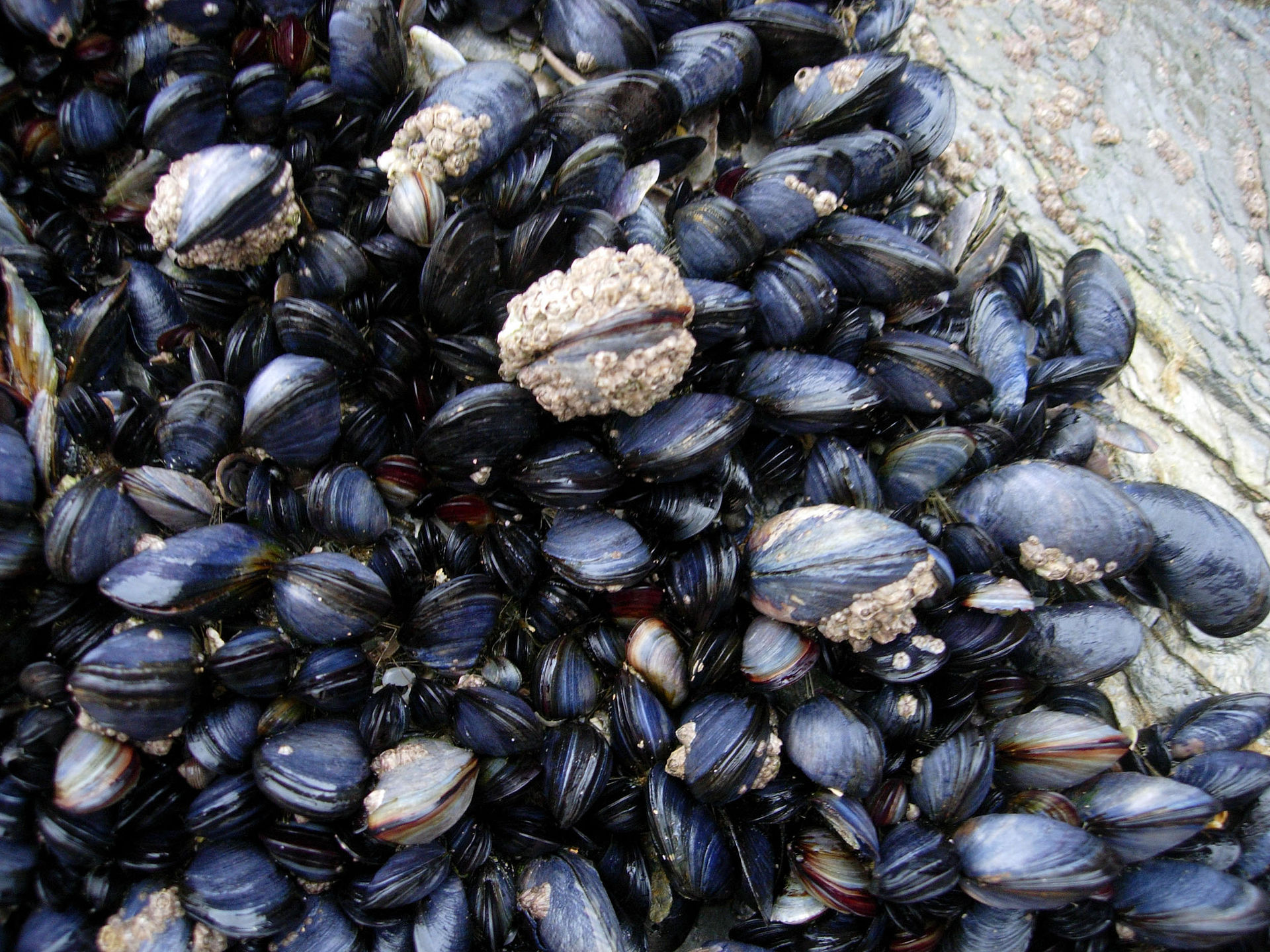
Invasive species are hitching rides to foreign coasts on the backs of our discarded rubbish, say experts at the National Museum Wales. These ‘plastic pirates’ can include bivalves like mussels that have journeyed all the way from south-east coast of the US to the shores of Britain, and are subsequently attempting to outcompete native species like scallops and the edible oyster for food and shelter.
An ‘unusually large’ amount of plastic waste has washed up on the shores of Britain since the winter storms of 2013, says museum expert Anna Holmes. Bivalves, sea anemones and seaweed colonise floating plastic debris to create new ecosystems, with currents carrying them thousands of miles. Rising water temperatures have created another complicating factor, helping these foreign hitchhikers flourish in what were once inhospitable marine environments for them.
‘If the temperature continues to rise, some of these and other tropical visitors could become established in British seas and threaten our native wildlife,’ warns Holmes.
Each year, about eight million metric tons of plastic waste ends up in the world’s oceans, with 80% of it coming from land and the rest released by ships and industrial platforms. That’s the equivalent of five garbage bags stuffed with rubbish for every foot of coastline on Earth. A 2014 study projects that this figure will likely double by 2025.
While the North Pacific gyre has been the most widely-publicised, it’s far from the only collection of floating plastic debris, with most pieces so tiny they’re invisible to the human eye. Even putting aside their function as transoceanic transportation for invasive species, all of these bits of trash are having a deadly effect upon a wide range of marine species, from seabirds that mistake the plastic for prey, to plankton-eating fish that consume inedible nanoparticles as they skim the water for food.
If the idea of killing so much wildlife isn’t enough to coax us into collective action to reduce the amount of trash we produce, perhaps the threat to some of our favourite food sources will. Not only is the pollution affecting fish stocks of species we like to eat, plastic waste in the ocean can be coated with toxic substances like PCBs and other pollutants, which are ingested by small fish and can then potentially travel up the food chain, potentially all the way up to us.
